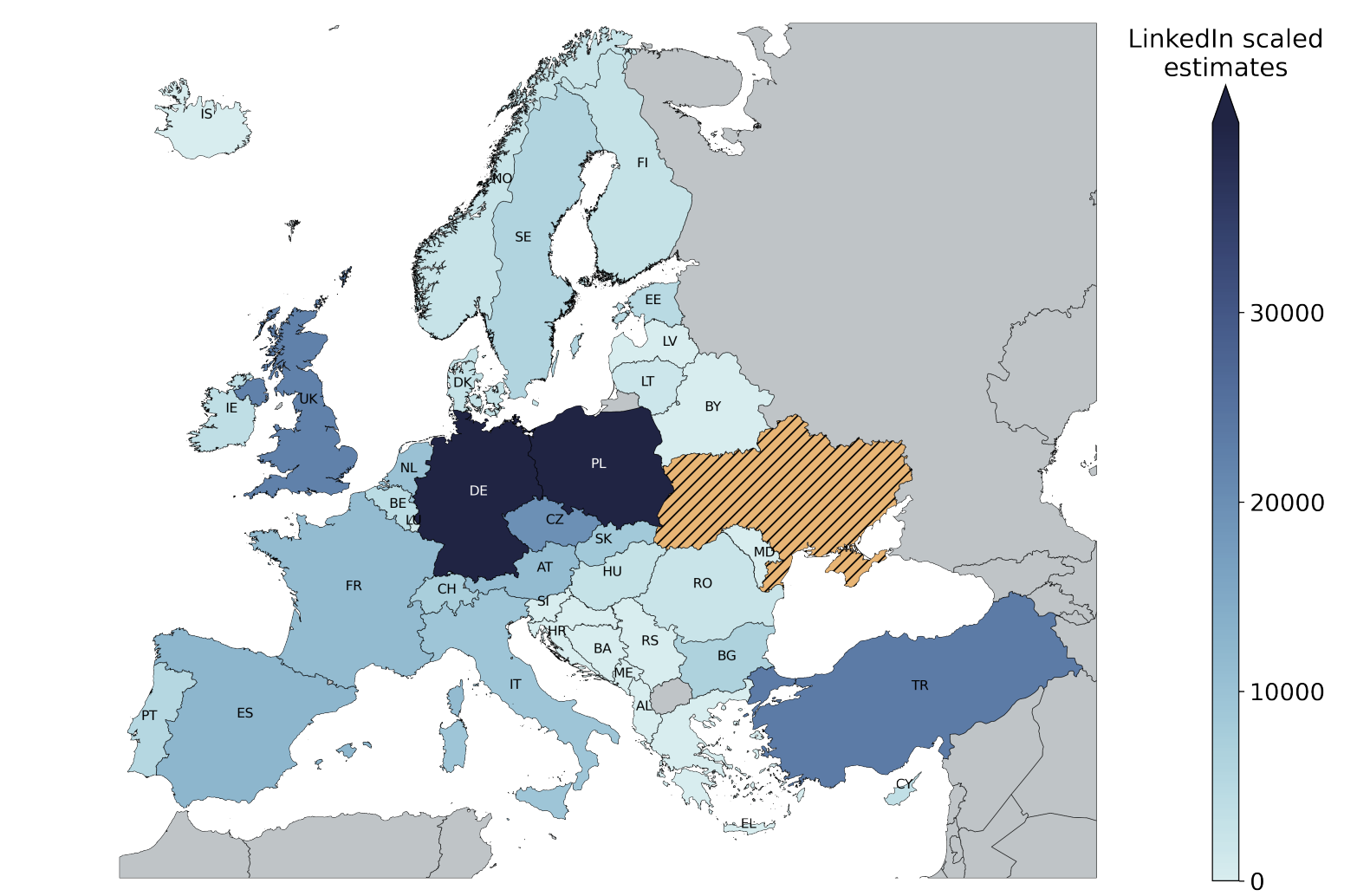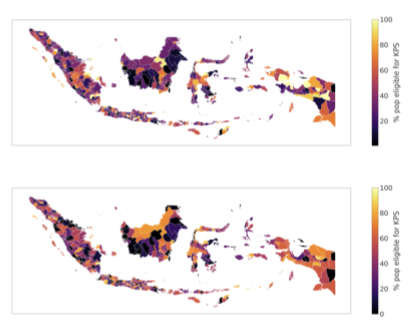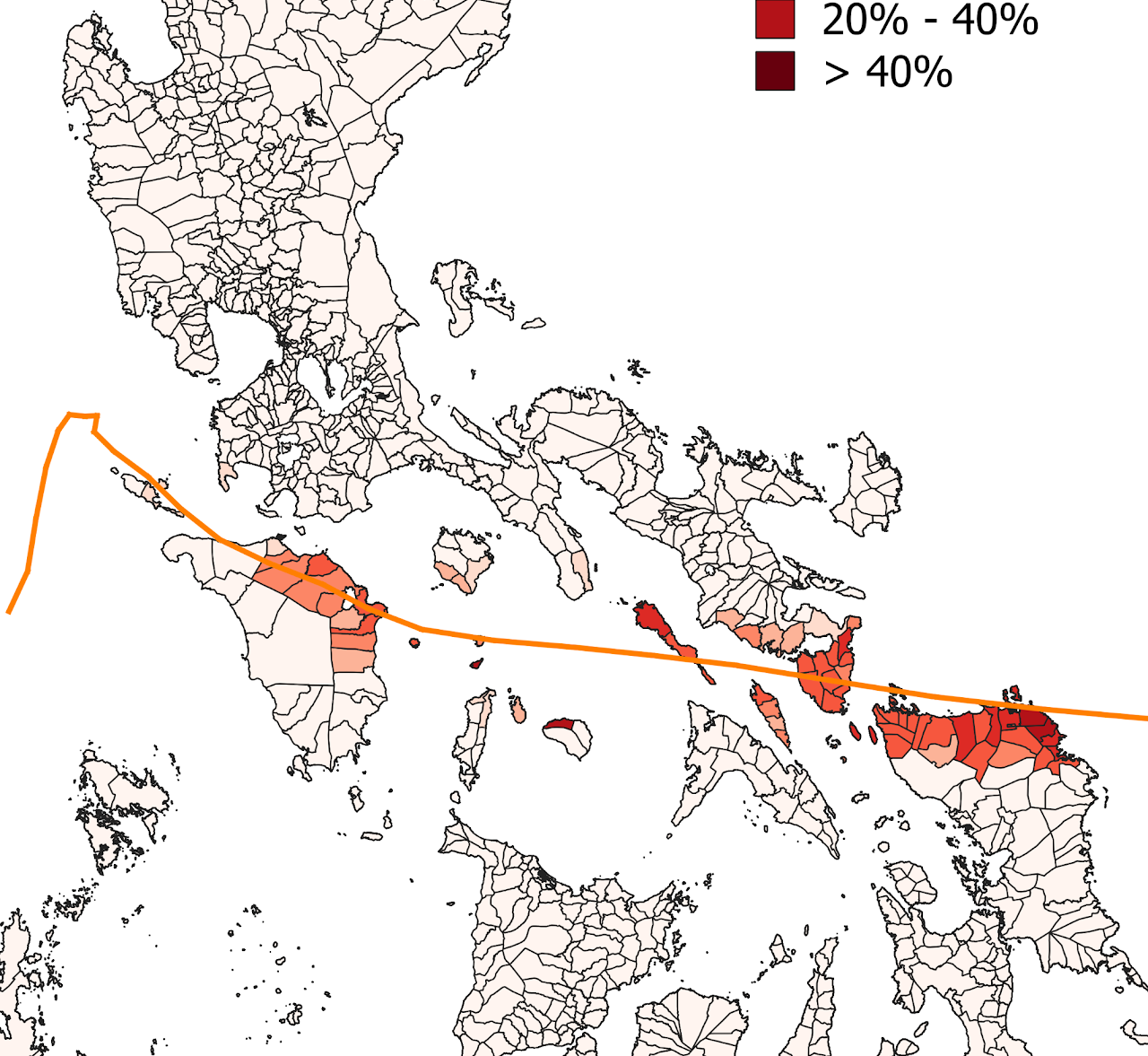Leave no Place Behind: Improved Geolocation in Humanitarian Documents

In collaboration with Enrico Belliardo and Yelena Mejova (ISI Foundation)
Geographical location is a crucial element of humanitarian response, outlining vulnerable populations, ongoing events, and available
resources. Latest developments in Natural Language Processing may help in extracting vital information from the deluge of reports
and documents produced by the humanitarian sector. However, the performance and biases of existing state-of-the-art information
extraction tools are unknown. In this work, we develop annotated resources to fine-tune the popular Named Entity Recognition (NER)
tools Spacy and roBERTa to perform geotagging of humanitarian texts. We then propose a geocoding method FeatureRank which
links the candidate locations to the GeoNames database. We find what not only does the humanitarian-domain data improves the
performance of the classifiers (up to F1 = 0.92), but it also alleviates some of the bias of the existing tools, which erroneously favor
locations in the Western countries. Thus, we conclude that more resources from non-Western documents are necessary to ensure
that off-the-shelf NER systems are suitable for the deployment in the humanitarian sector.
Read the original article here
Selected Works

Moral Expression in Different Domains#MoralValues

Political Influence on Vaccination#VaccineHesitancy

Geolocating Humanitarian Documents#HumanitarianAI

Monitoring Ukrainian Immigration via LinkedIn Estimates#SocialInequalities

Soundscapes of Morality#MoralValues

Poverty Index in Indonesia#HumanitarianAI

